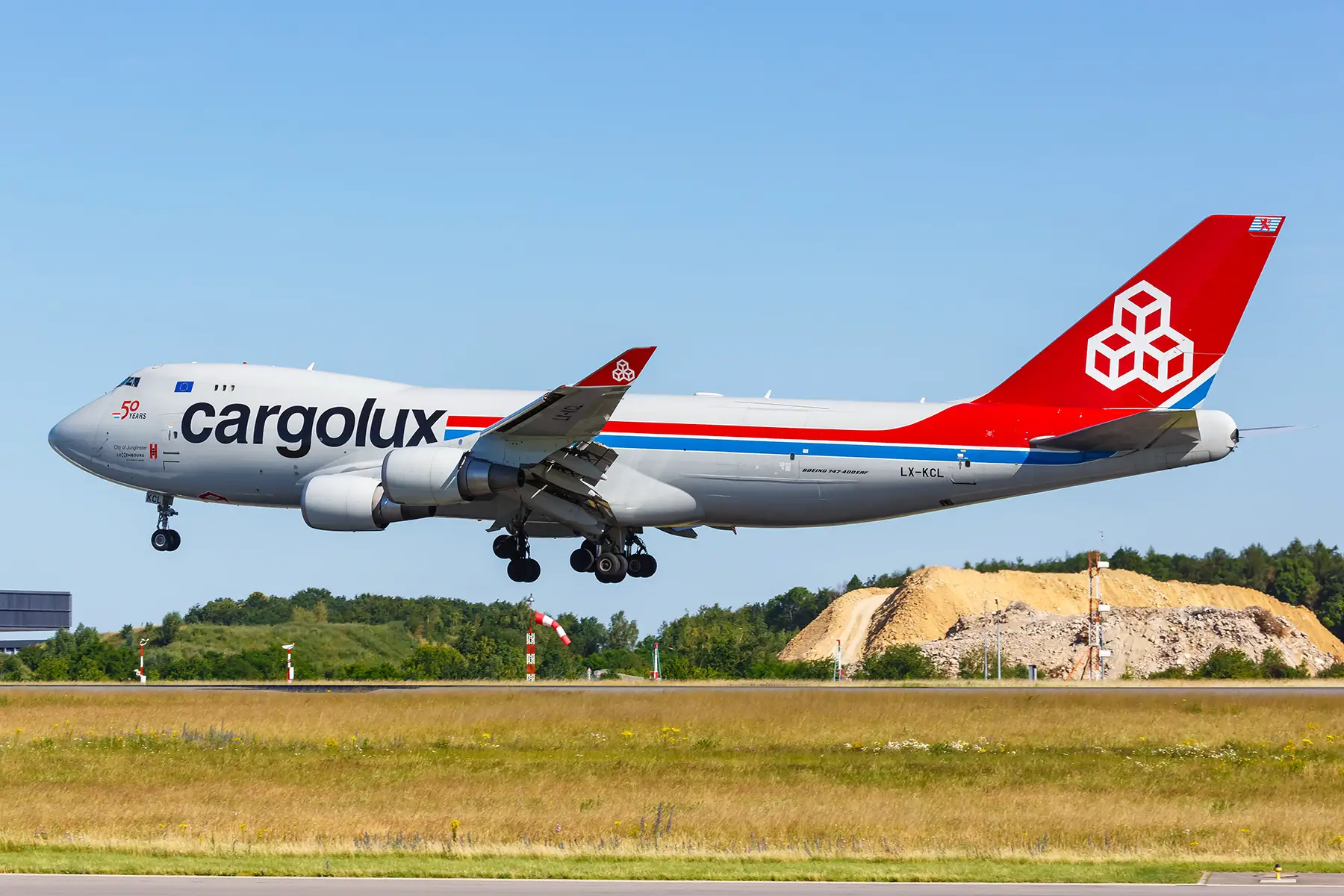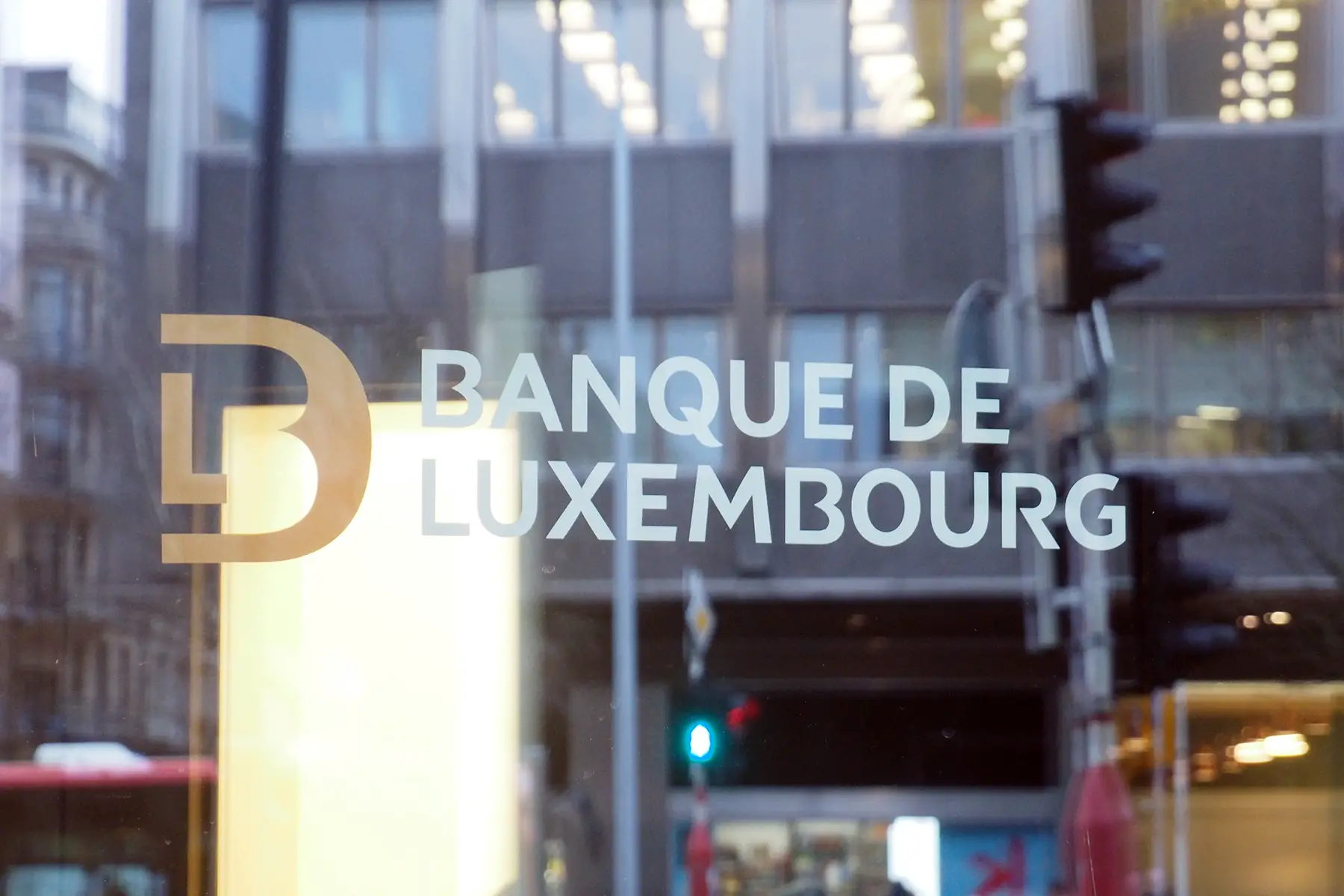The Grand Duchy is an appealing destination for expats, offering everything from low crime rates to appealing tax breaks, and more Michelin-starred restaurants per capita than any other country. But if you are planning on moving there, you will first need to make a few important arrangements. To give you an idea of what you need to do, this helpful checklist includes everything you need to think about before moving to Luxembourg.
The Relocator
Setting up home in the beautiful Grand Duchy? Wherever you're heading in Luxembourg, take the stress out of your move by letting The Relocator find the right international shipping options for you. Compare a number of trusted international movers and get a free quote in minutes. Wherever life in Luxembourg takes you, get there with The Relocator.
Do your research
Naturally, if you’re considering moving to Luxembourg, it’s a good idea to research what everyday life is really like there. Notably, it may be more expensive to live in Luxembourg than in its neighboring countries. For instance, the cost of housing is particularly expensive and if you’re looking to buy a property, you’ll need to have a minimum deposit of 20-25% put aside.

On the flip side, however, Luxembourg has the highest minimum wage in the European Union, which currently stands at €2,202 per month. What’s more, crime rates are typically low, and expats can enjoy lower tax rates than in other European nations; particularly if they work for large corporations with subsidiaries in Luxembourg.
To find out more about life in Luxembourg, these helpful articles provide some essential information.
Decide where you want to live
If you like the sound of life in Luxembourg, the next step is figuring out where you want to live. The majority of expats live in or around Luxembourg City – the country’s capital – which has a population of nearly 130,000 residents (in French). This is largely due to the fact that most expat jobs and international schools are based there. If you are thinking about moving to the capital, make sure to check out these top neighborhoods.
Aside from the capital, there are many beautiful places to consider moving to in Luxembourg, such as the picturesque wine region of the Moselle Valley, the historic town of Echternach, and the medieval town of Larochette. Needless to say, you won’t be short on options.
Find a place to stay
Most foreigners usually opt to rent accommodation when they first move to Luxembourg and doing so allows you to try out areas to live in and see how they suit you. That said, affordable apartments can be difficult to come by, and rental signs are relatively rare on houses and apartments throughout the country. Therefore, expats looking to live in Luxembourg on a long-term basis might want to consider buying real estate there.

If they do, though, they should be prepared to pay a hefty price, with property prices costing 70% more than the EU average in 2021. Those intending to stay for a short period of time, on the other hand, might prefer to look for serviced apartments or hotels which provide a more convenient option.
Arrange your visa
Once your decision to move to Luxembourg is final, you will need to look into your visa options and apply for a Luxembourg ID card, which all residents over the age of 15 must carry at all times.
There are several types of visas that you can apply for, depending on your nationality and intended period of stay in the country. For instance, non-EU/EEA/Swiss citizens who want to stay in Luxembourg for up to three months can apply for a short-stay visa. Those wanting to stay longer, however, will need to apply for a temporary residence permit before they arrive in the country. This counts as both a residence and a work permit and is necessary if you are an employee, self-employed, student, pupil, intern, researcher, or family member.
Fortunately, EU, EEA, and Swiss citizens can enter Luxembourg without a visa and stay for up to three months. To stay longer, they must either be employed by a company, be self-employed, enrolled at a public or private educational institution, or – if none of these apply – be able to show that they have enough money and resources to not be a drain on the social security system. Notably, they must also have health insurance.
Transport your belongings
Once you have decided to move to Luxembourg, you will need to arrange the transportation of your belongings to the country. It is important to plan this well in advance in order to allow yourself time to create a budget, carefully pack any breakable items, and plan around any customs, restrictions, or quarantine laws.

Depending on where you are moving from, you might want to consider transporting your belongings via air, sea, road, or another method. Many expats choose to hire an international relocation company to arrange this and take the stress out of getting everything organized themselves. Fortunately, there are a number of online platforms that can help you find the right removal option, including:
These platforms can give you a good idea of what’s out there in terms of your options and budget. You can read more about relocation companies and the various transportation options in our helpful article on removals to Luxembourg.
Sort out your health insurance
Basic health coverage is available to all citizens in Luxembourg, and you will be covered by public health insurance when you make social security contributions as an employee in the country. Fortunately, public health insurance covers more than 90% of the country’s healthcare services. Therefore, it is not compulsory to buy private health insurance. Despite this, some expats still prefer to purchase it in order to cover the portion of medical fees that aren’t provided by the state.
There are several expat-friendly health insurance companies operating in Luxembourg, including:
These providers offer a range of policies and how much you will need to pay depends on a range of factors such as your age, medical history, and the level of coverage you require. You can read more about this in our helpful article on health insurance in Luxembourg.
Start looking for a job
Expats might feel quite at home in Luxembourg, given that most sectors of the country’s workforce are made up of a mix of foreign workers, cross-border commuters, and nationals. Luxembourg’s job market is multicultural and multilingual; in fact, working knowledge of one of the three official languages (Luxembourgish, French, or German) is essential for many jobs.
While there are currently no major skills shortages in Luxembourg, many sectors are constantly recruiting. This is particularly true of the finance, healthcare, retail, and construction industry. You can find out more about this in our article on finding jobs in Luxembourg.
You can also find a range of English-speaking, as well as multi-language, jobs on our Job Board.
Look into childcare and schooling options
If you’re moving to Luxembourg with children, you’ll want to look into the available schooling options before you go. There is a range of national and international schools to choose from. An international school may be a good option if your child faces a language barrier or you are only intending to stay in the country short term. Notably, children growing up in Luxembourg learn Luxembourgish, French, and German from primary school age, so there may be a lot to catch up on.
Younger children, meanwhile, can attend creches, daycares, or preschools. Just bear in mind that waiting lists can be long and it may take several months to secure a place. For this reason, it is best to do your research and apply well in advance of moving to Luxembourg.
Sort out your finances
Fortunately for expats, the finance sector is the core of Luxembourg’s economy and you can find world-class banking services in the country. The big-name banks offer the usual range of services, such as current accounts, savings accounts, credit cards, borrowing, and insurance. Before you opt for a particular bank, however, it’s a good idea to make sure it offers the services you want. It’s also wise to check the monthly fees you will need to pay, as these will vary from bank to bank.
When transferring funds overseas, you might also want to consider using an online money transfer platform. These can be a great way to avoid bank charges while helping tide you over until that all-important first paycheck. Some of the leading money transfer services include:
Another important thing to familiarize yourself with is the tax system in Luxembourg, particularly since it’s known for being one of the most complicated systems in the world. Notably, foreigners are usually liable to pay income tax and file a tax return, and there are fines to pay if your submission is late. There are also extra taxes to pay if you own a business in Luxembourg.
You might also want to check whether you can transfer your pension to Luxembourg, or see if you are eligible to claim the country’s state pension. Luckily, you can find the answers in our article on pensions in Luxembourg.
Get an international driving license/permit
Naturally, if you are planning on traveling in Luxembourg by car, you will need to ensure that your driving license is valid in the country. While you will be allowed to use your home driving license for the first few months, it is best to exchange it if you’re going to stay in Luxembourg for the long term.
The process is pretty simple if you are moving from a country in the EU or EEA, but those moving from elsewhere may have to fill out some extra paperwork. Our article on exchanging a foreign driving license in Luxembourg explains what you will need to do.
The minimum driving age is 18, and you cannot drive if you are younger than this, regardless of whether your home country allows younger drivers.
Start learning the language
Foreigners moving to Luxembourg may have to learn not one, but three languages: Luxembourgish, French, and German. While Luxembourgish is the national language, French is often used for names of streets and shops, menus, advertisements, and social announcements. German, on the other hand, is traditionally used as the official language for writing the country’s laws, and most newspapers are printed in German.

All three languages are taught from primary school age in Luxembourg, and having at least a working knowledge of them will put you in good stead with understanding how the country works. It will also make it easier to integrate with the locals. Therefore, you might want to consider taking some language lessons before you move there. There are also plenty of language-learning apps you can download to help you get started. These include:
Useful resources
- Ministry of Social Security – provides information about social security in Luxembourg
- Guichet – provides information about registering, exchanging, or transcribing a foreign driving license
- visitluxembourg – offers an insight into life in the country’s capital







